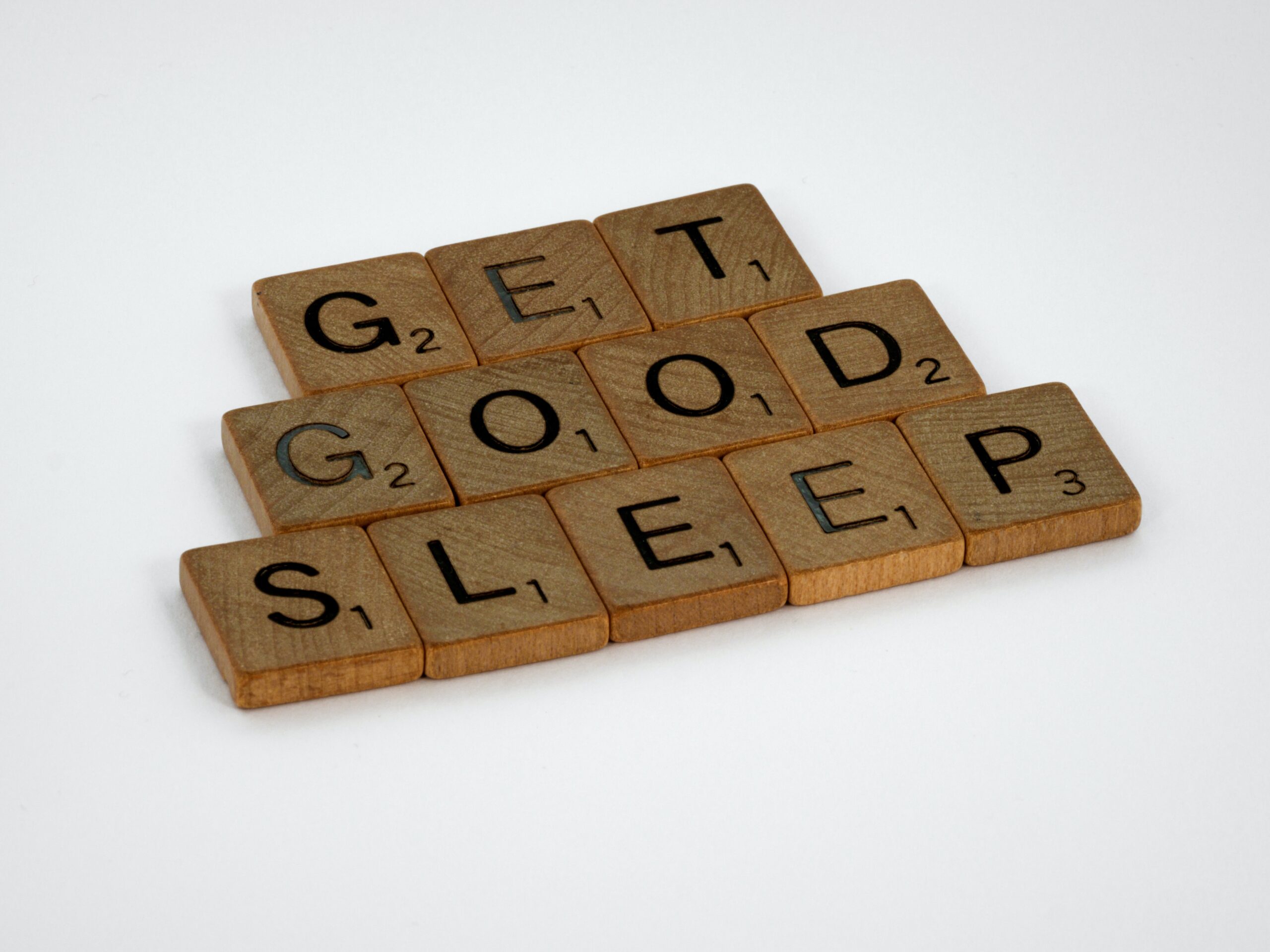5 MENTAL HEALTH MISTAKES YOU’RE MAKING ON FMLA

“Under the Family Medical Leave Act, you can take up to 12 weeks of unpaid leave from work. Three months sounds like a lot of time to heal, but truth be told, the time can fly by, especially given the increased demand for mental health services has increased waiting periods for many therapists. If you don’t act quickly, you may be forced to return to work without proper healing.”
If extreme stress or depression has caused you to take an unpaid leave from work under the Family Medical Leave Act (FMLA), then you need to avoid these 5 common mental health mistakes so you can get your life back.
1) NOT ADDRESSING THE CAUSE
For the vast majority of people, the COVID-19 pandemic disrupted all aspects of life, including family, work, and finances. Millions have suffered from catastrophic loss, including death and disease. And with each passing day, new virus variants add to the anxiety and fear.
If you are one of the approximately 20 million Americans who will take unpaid leave this year under the FMLA, then congratulations on recognizing the need to make space for healing. Unfortunately, the FMLA is not a magic bullet to healing. It is simply designed to protect your job for up to 12 weeks while you get better. If you take a temporary leave from your job but don’t address the underlying causes of your extreme stress or depression, then you’ll be in the exact same situation when you return to work. Make the most of your 12 weeks.


2) NOT KNOWING YOURSELF
As Socrates stated almost 2,500 years ago, “to know thyself is the beginning of wisdom.” Unfortunately, our modern lives are so full of hurry and business that we are often not very self-aware. Chronic mental health problems can linger below the surface for years, because we seldom take time to discover how we are actually feeling.
Thankfully, the Family Medical Leave Act (FMLA) can provide a time and space for discovering and dealing with those pesky problems. Take time to list all the symptoms that led you to leave your job. Journalling can also be a powerful way to reflect on and process your feelings.



3) BURNING THE MIDNIGHT OIL
Many people under sudden or sustained stress will suffer sleep disturbances. Difficulty falling asleep and waking in the middle of the night are common. Most people who are awake in the night are full of worry, apprehension, and fear that the worst will happen. And as the old saying goes, “there is no courage at 3 am.”
Sleep is critical to mental health, so if you are struggling with getting a good night’s sleep, then you need to find a solution. While medication and sleep aids can help provide temporary relief to some sleep problems, talk therapy or group therapy that enable you to deal with your problems can provide a more long-term solution.





4) GOING AT IT ALONE
For over 80 years, Harvard has been running the longest study on human happiness in the world. What they discovered was “close relationships, more than money or fame, are what keep people happy throughout their lives” And close relationships have the added bonus of keeping you healthier for longer.
If you are trying to get better from extreme stress or depression on your own, then you’re missing one of the greatest tools available – human support. Let your trusted family and friends know that you are having a hard time and be sure to accept any help that is offered. In addition, it is highly recommended that you reach out to a licensed counselor or therapist. Research shows that counseling is of proven benefit in recovery from extreme stress and depression. Be sure to make an appointment even if there is a waiting period.



5) LACKING A SENSE OF URGENCY
Under the Family Medical Leave Act, you can take up to 12 weeks of unpaid leave from work. Three months sounds like a lot of time to heal, but truth be told, the time can fly by, especially given the increased demand for mental health services has increased waiting periods for many therapists. If you don’t act quickly, you may be forced to return to work without proper healing.
One of the most effective treatments for extreme stress and depression is an intensive outpatient counseling program. For over 30 years, Intensive Outpatient Programs (IOP) has helped thousands of people struggling with mental health issues like depression, anxiety, panic attacks, OCD, and PTSD. Each week, you’ll receive 9 hours of therapy (3 hours per session, 3 days per week) using a variety of science-based approaches including group therapy, cognitive behavioral therapy, meditation therapy, art therapy, music therapy, etc. Imagine receiving the benefits of a year of traditional therapy in just six weeks.


Here’s how Intensive Outpatient Programs could help make your FMLA leave more effective
Make the most of your unpaid FMLA leave by addressing the underlying causes of your stress or depression, becoming more self-aware through reflection and journaling, making quality sleep a priority, asking for help from trusted family and friends, and accelerating healing through an intensive outpatient counseling program.
IOP improves mental health by increasing the amount of therapy you receive in a short period of time. Each week, you’ll receive 9 hours of therapy (3 hours per session, 3 days per week) using a variety of science-based approaches including: group therapy, cognitive behavioral therapy, meditation therapy, art therapy, music therapy, etc. Imagine receiving the benefits of a year of traditional therapy in just six weeks.
CLICK HERE TO LEARN HOW IOP SERVICES COULD BENEFIT YOU